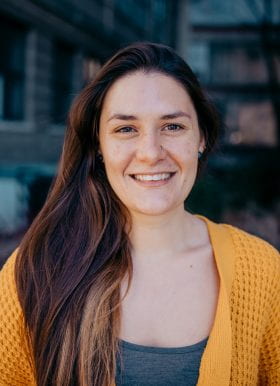WashU Ophthalmology had a great representation at this year’s Federation of American Societies for Experimental Biology (FASEB) Retinal Neurobiology & Visual Processing Science Research Conference (SRC). Where leading researchers gathered to share the latest findings and advancements in retinal neurobiology and visual processing.
FASEB Retinal Neurobiology & Visual Processing SRC 2024
This year the conference focused on understanding how retinal circuits process visual information, exploring the development of retinal circuitry, informing repair strategies through knowledge of normal circuitry, investigating the relationship between retinal structure, function, and visual behavior, and discovering new tools to explore retinal neurons and their connections.
Participants gained insights into the latest advances in retinal circuit function and visual processing, skills for new data analysis approaches, and knowledge of advanced genetic, anatomical, and physiological techniques.
The program covered topics such as retinal development, cell structure and function, synaptic and circuit processing, computational vision, retinal dysfunction and repair, and retinal pathways and behavior. Workshops included four “Meet the Expert” sessions for career advice and a Career Development and Grant Writing Workshop with NIH guests.
WashU Invited Speakers
- Mike Fitzpatrick, Kerschensteiner Lab
- A pupillary contrast response in mice and humans: Neural mechanisms and visual functions
- Takeshi Yoshimatsu, PhD
- Visual competition between the central and peripheral visions: Insights from zebrafish


WashU Poster Presentations

Jenna Krizan, Kerschensteiner Lab
Visual predation in an insectivorous marsupial

Pratyush Ramakrishna, Kerschensteiner Lab
Surround organization in an object motion-sensing circuit

Flori Soto, PhD
Mechanism for the emergence of the off-pathway in vision

Phil Williams, PhD
Primary cilia characterization in retinal ganglion cells
WashU Ophthalmology’s participation at the FASEB conference highlighted their ongoing commitment to advancing the field of retinal neurobiology and visual processing. Their contributions to the event showcase the innovative research and groundbreaking discoveries being made at Washington University in St. Louis.